

A Fiji Navy officer plays the bugle during the Remembrance Day Dawn Service at RFNS Stanley Brown base in Walu Bay, Suva, marking a moment of reflection for those who gave their lives in service.
Photo/Republic of Fiji Military Forces
'We remember them': Pacific pauses to honour the fallen
From Fiji's dawn bugle calls to Sāmoa's church bells, Pasifika came together this week to remember those who served and sacrificed their lives.


US funding cuts threaten to 'dry up' future of Pacific scientists - expert
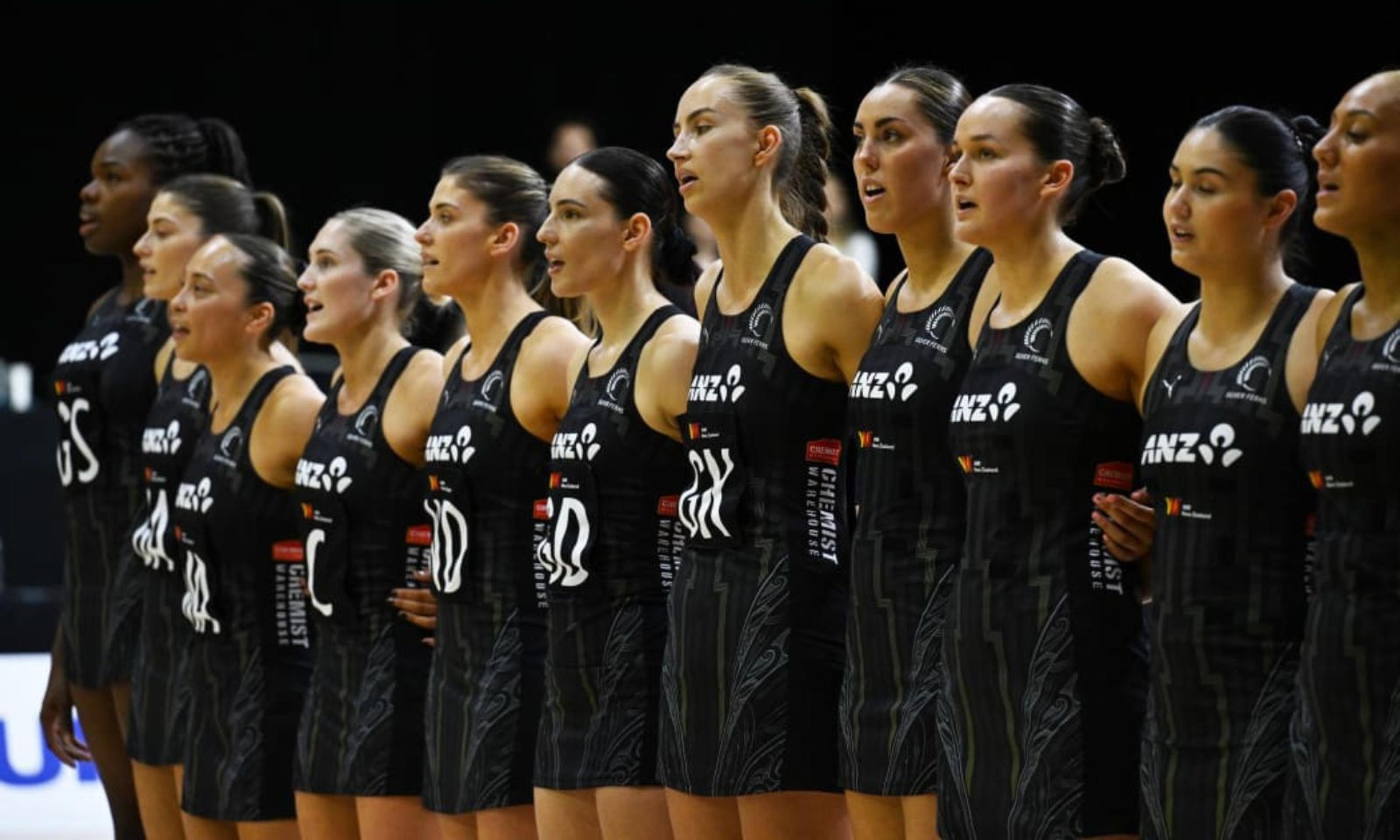
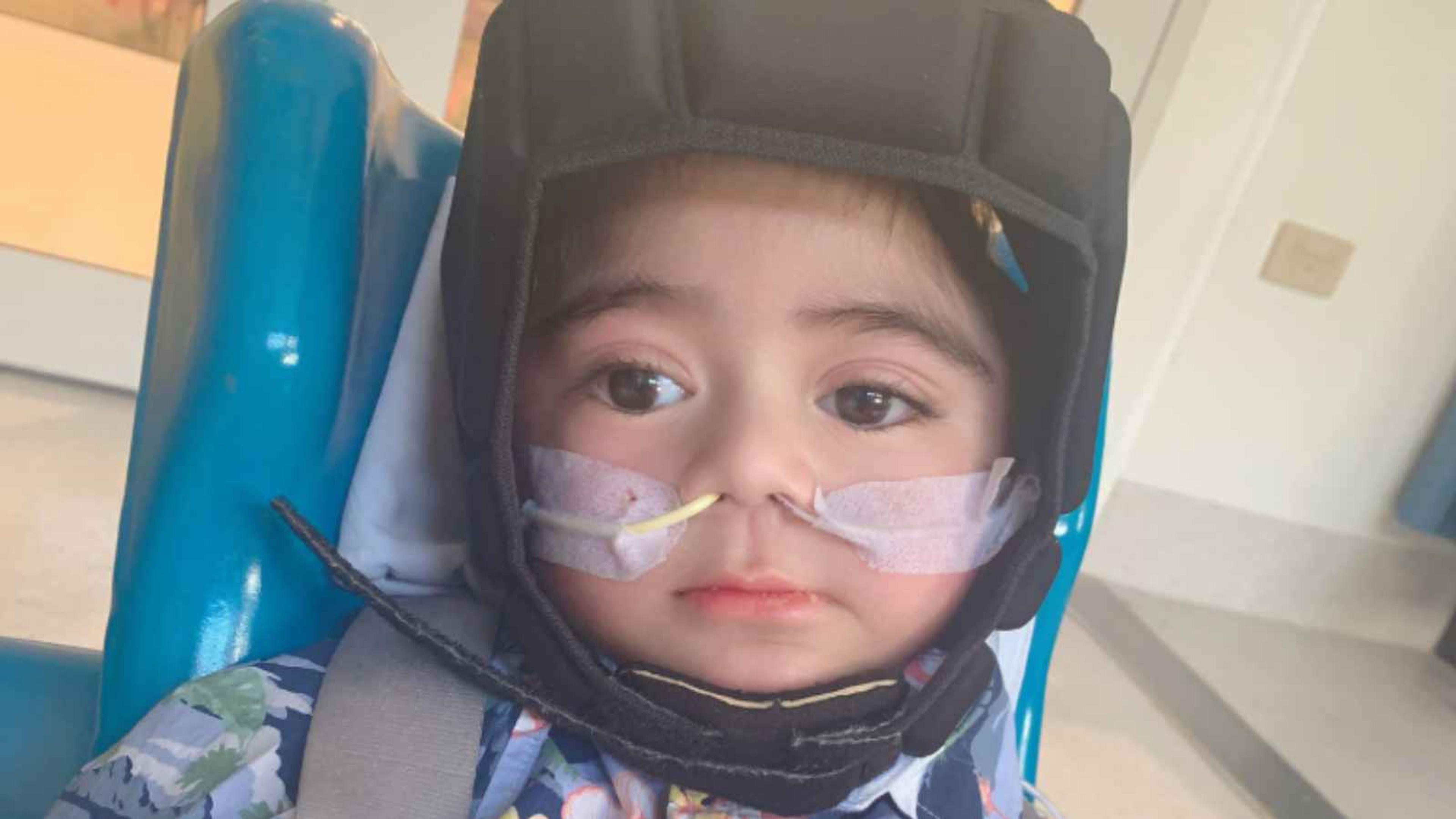
Immigration reassesses toddler's declined visa request as Children's Commissioner steps in

Inked across lands: How Pacific tattoo art is thriving in Germany

US funding cuts threaten to 'dry up' future of Pacific scientists - expert


Immigration reassesses toddler's declined visa request as Children's Commissioner steps in
As the sun rose over Suva Harbour on Tuesday morning, the sound of a lone bugle drifted across the still water. Sailors stood in silence at the Fiji Navy base in Walu Bay, heads bowed, poppies pinned to their uniforms.
It was Remembrance Day, and across the Pacific, people paused to honour those who never returned from war. More than 1000 men from the Pacific, including the Cook Islands, Niue, Tonga, Sāmoa, Fiji, and the Gilbert and Ellice Islands (now Kiribati), volunteered to serve in the New Zealand and Australia forces.
Remembrance Day, also known as Armistice Day, is observed every year on 11 November to mark the end of the First World War in 1918. At 11am on the 11th day of the 11th month of 1918, fighting stopped on the Western Front after four long years of war.
Since then, the day has become a time to remember all soldiers, sailors, airmen, and women who lost their lives in wars and peacekeeping missions around the world.
World War I was one of the deadliest conflicts in history. It is estimated that more than 16 million people died, around 10 million military personnel and six million civilians. Millions more were wounded or displaced.
For the New Zealand Māori Pioneer Battalion, one source states that around 458 Pacific Islanders served alongside Māori. Of those, 336 died on active service.
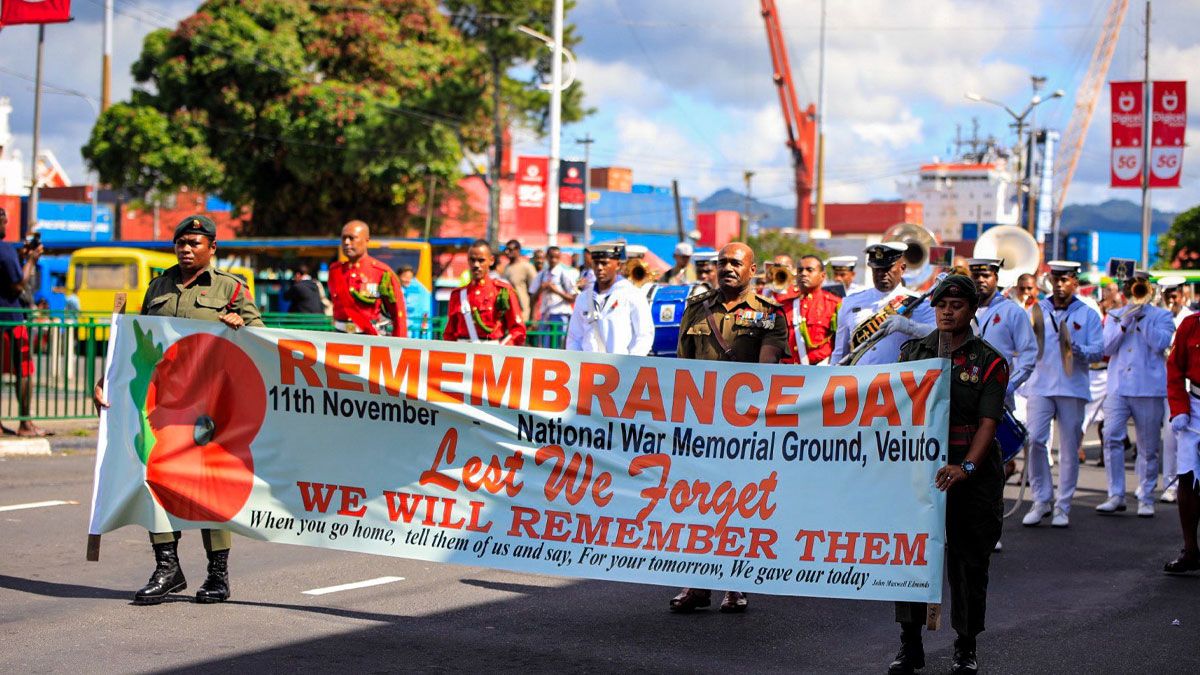
Fijian veterans and current servicemen march together in Suva during Remembrance Day, honouring the courage and sacrifice of those who served in past and present conflicts. Photo/RFMF
Another source has listed 107 Pacific servicemen who died from disease or enemy action, and 73 were wounded. For the Kingdom of Tonga, one report states that 91 Tongans volunteered for WWI (10 in the Australian Imperial Force, 62 in the New Zealand Empire Force, 15 in the Māori Battalion), and that two men died on the battlefield while another died of disease.
For Fiji, it is also reported that 1255 volunteers were sent to the war, of whom 173 never returned home from Europe. While exact figures are not available, it's clear that Pacific Islanders served in WWI, and their contributions and sacrifices remain underdocumented compared with those of the bigger nations.
The red poppy became the symbol of remembrance after it grew on the battlefields of Europe, reminding people of both loss and hope for peace. From Fiji to Sāmoa and Tonga, Pacific island nations held dawn services, laid wreaths, and shared quiet prayers for peace.
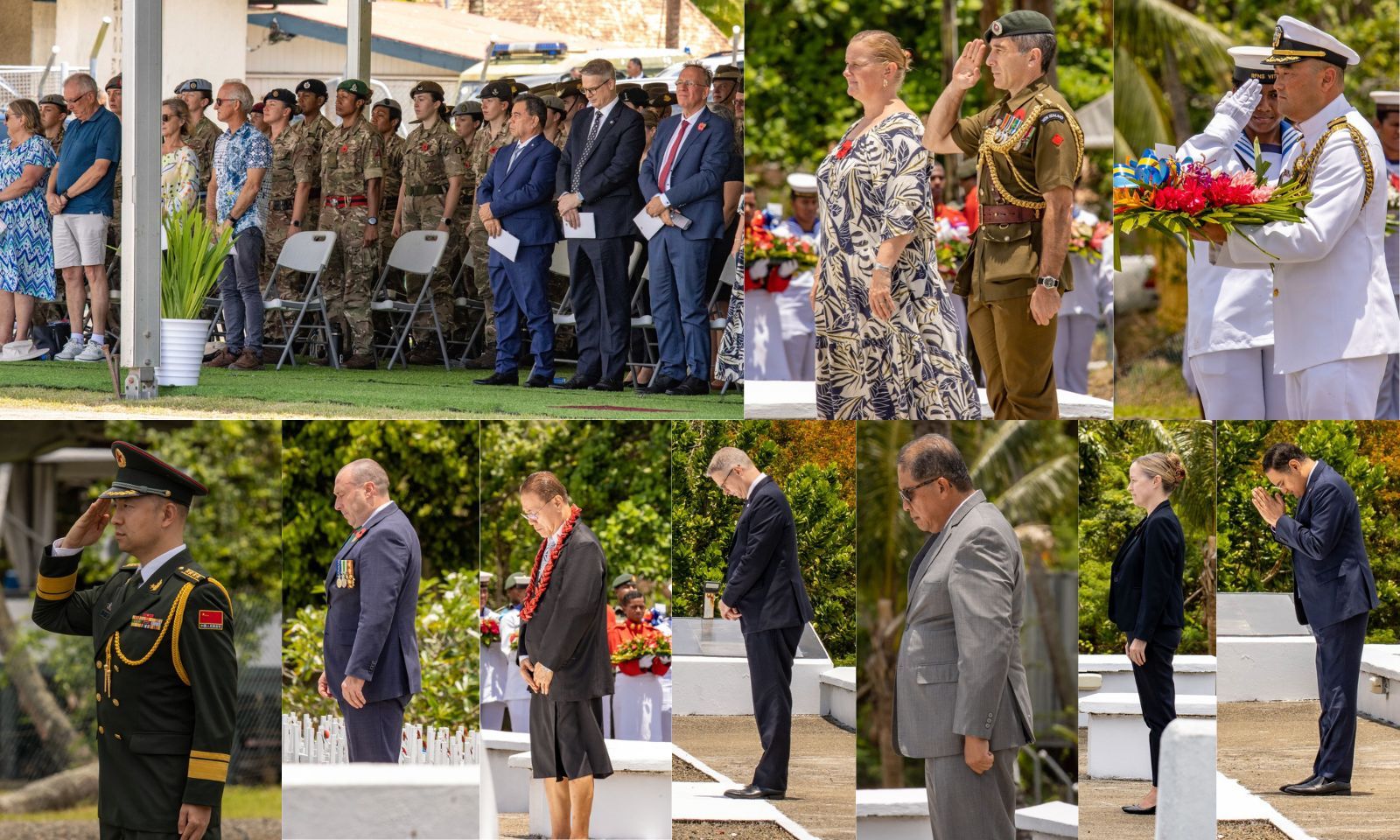
Members of the diplomatic corps join Fiji defence forces personnel and veterans at the National War Memorial in Suva during Remembrance Day, paying tribute to those who gave their lives in service. Photo/RFMF
Honouring heroes
In Suva, the Fiji Navy led a Dawn Service at the RFNS Stanley Brown base, attended by former servicemen, soldiers, diplomats, and families of the fallen.
Later that morning, crowds gathered again at the National War Memorial, where a solemn minute of silence was held at 11am.
Commodore Humphrey Tawake, Commander of the Republic of Fiji Navy, told those gathered that Remembrance Day is a reminder of courage and sacrifice.
“We stand here today because of the bravery of those who came before us,” he says. “Their sacrifice allows us to live in freedom and peace. It’s our duty to keep their memory alive.”
Among the veterans in attendance was Jone Ratu, 78, a retired naval officer who served on peacekeeping missions in Lebanon decades ago. He wore his old medals proudly on his blazer.
“Many of my brothers never came home,” he told reporters softly. “When I hear the bugle play, I think of them. Days like this remind us that their spirits still march with us.”
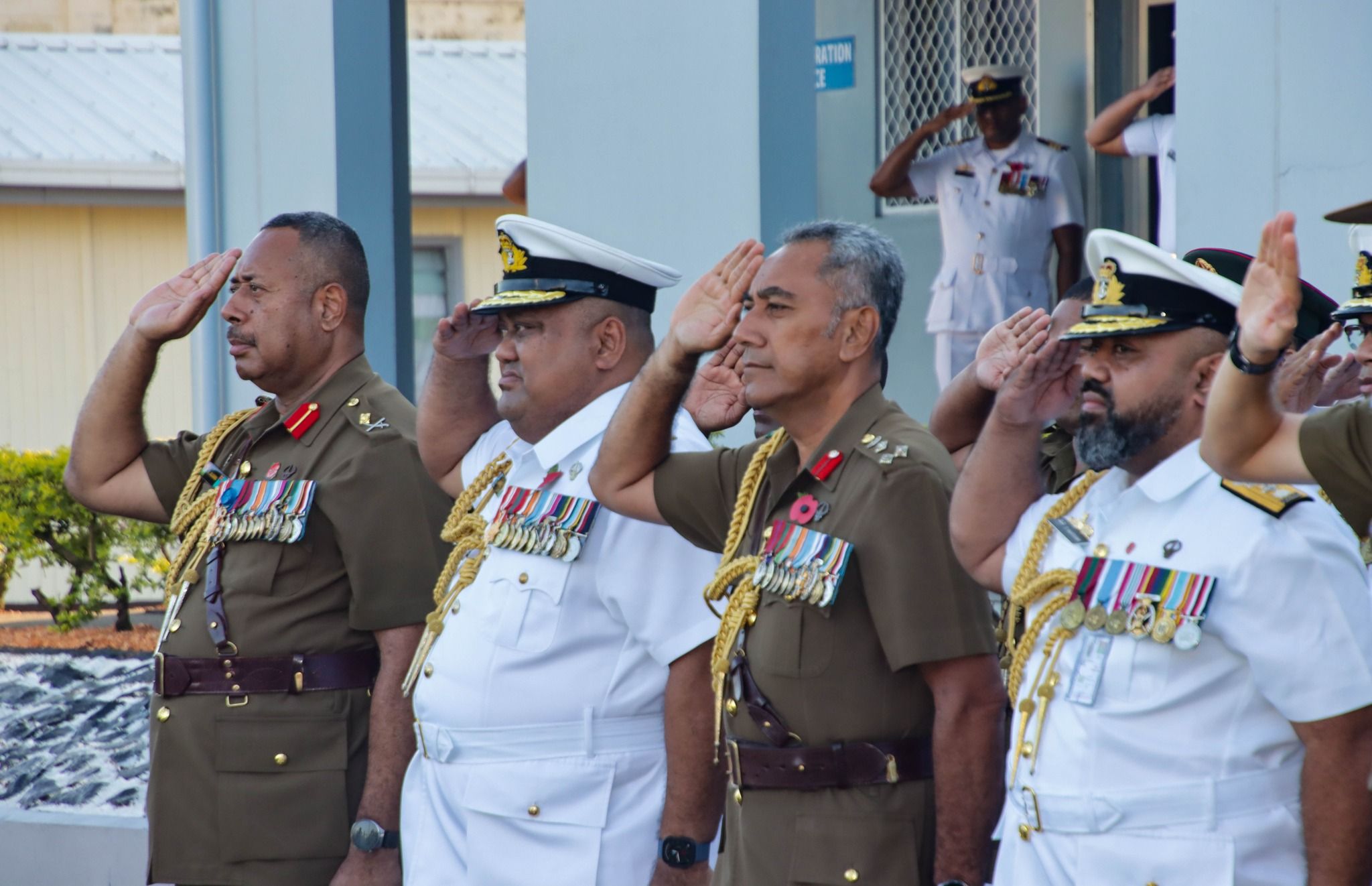
The top brass of Fiji's defence forces including army commander Major-General Jone Kalouniwai, far left, and Navy chief Commodore Humphrey Tawake, next to him. Photo/RFMF
Remembering across the Pacific
In Tonga, schoolchildren in Nuku'alofa joined the armed forces to lay wreaths at the Cenotaph.
In Sāmoa, church bells rang at 11am to mark the moment of silence. Across the region, small islands stood united in remembrance.
For many Pacific Islanders, Remembrance Day carries deep meaning. Though small in population, the Pacific’s contribution to global conflicts was significant. Islanders served alongside larger nations in both world wars and continue to serve in modern peacekeeping missions around the world.
Pacific historiana say the day is about pride as much as grief. “Our grandfathers and great-grandfathers fought far from home, but their service connected our islands to the wider world," one academic wrote.
"When we remember them, we remember who we are - strong, loyal, and ready to serve.”
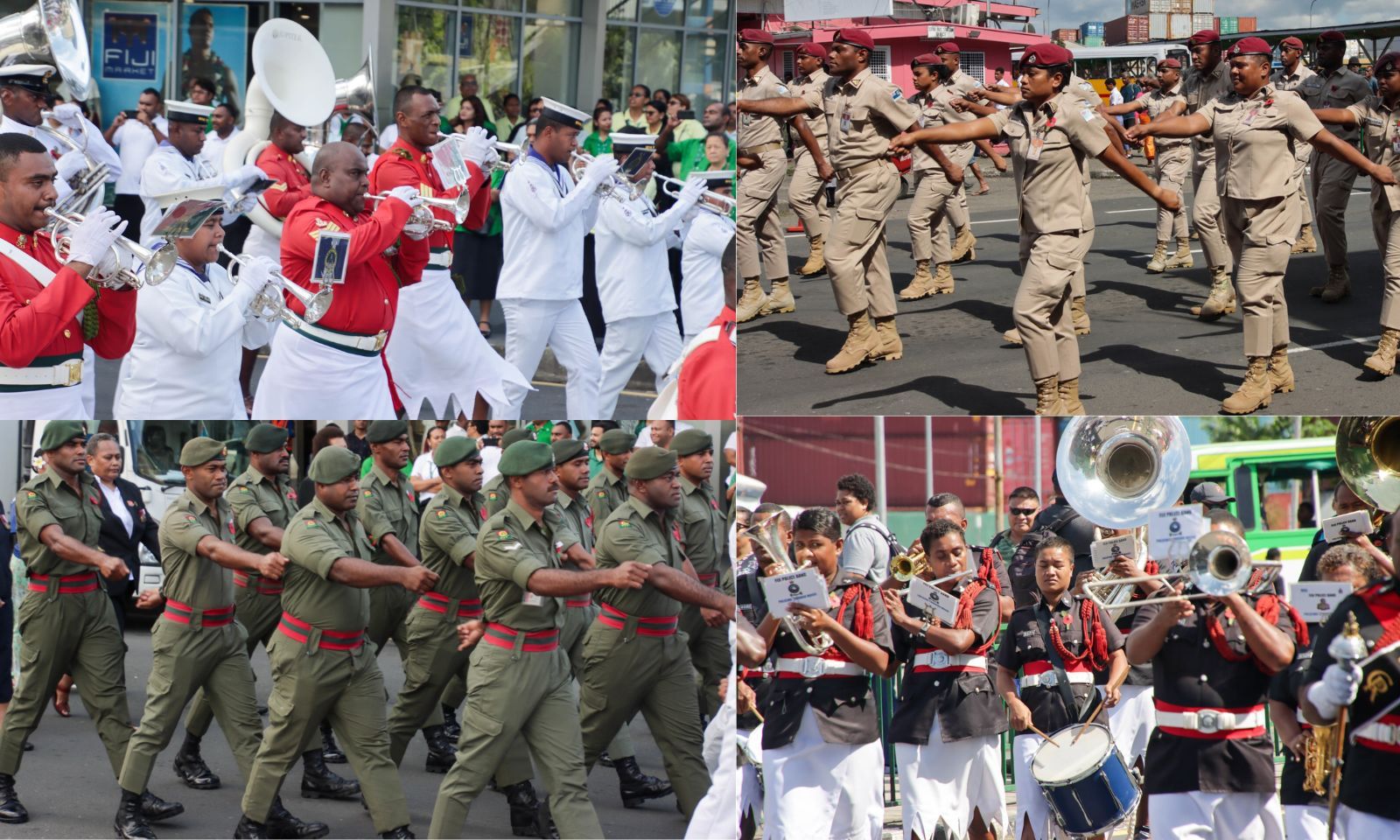
Photo/RFMF
A shared legacy
As the ceremony in Suva ended, the Last Post rang out once more, fading into the morning air. The veterans stood shoulder to shoulder, saluting the rising sun.
For them, and for many across the Pacific, Remembrance Day is not just about the past. It’s about teaching the next generation the value of peace, service, and sacrifice.
“We remember,” Commodore Tawake says, “so that we never have to repeat the lessons of war.”